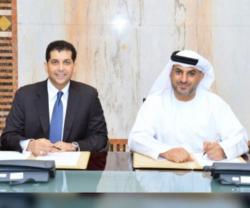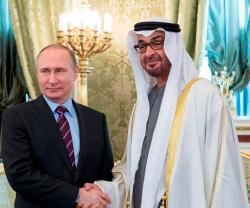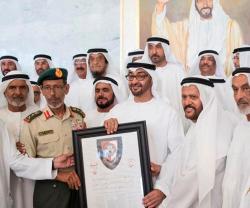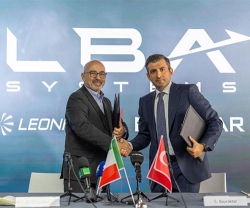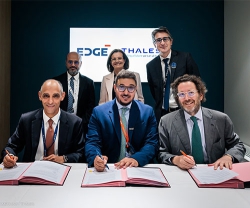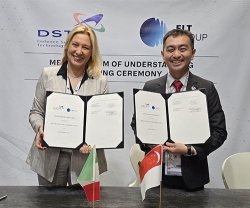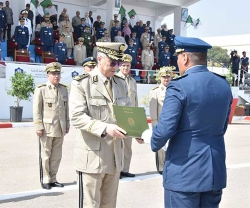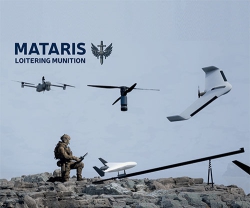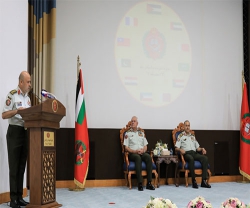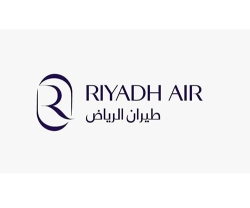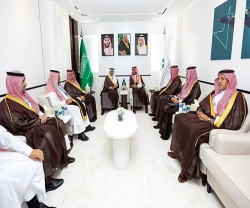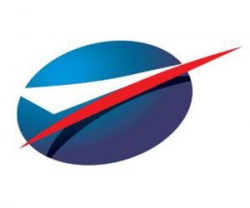Government-Military Communication May Top $9bn by 2018
30.01.2012 UAE
The global government and military communications market is projected to be worth $9 billion by 2018, and the Middle East will be a key growth region for the commercial satellite industry, a top official said at Milsatcom Middle East Conference (Abu Dhabi; 23-24 January 2012).
Gordon McMillan, Director of Government Services for global satellite network provider Inmarsat, said that the increasing adoption of commercial satellite communication systems by government and military users, coupled with exponential demand for greater bandwidth, presents excellent opportunities for commercial satellite providers.
“As military budgets come under increasing pressure, the commercial satellite industry fulfils an increasingly greater proportion of the communications needs of government and military customers.”
“The impact of this is that in the future, fewer dedicated military satellite communications systems will be launched, and military forces will need to augment military systems with greater use of commercial satellite communications networks,” McMillan added.
“Commercial satellite communication systems that are designed with military and government users in mind will provide these users with a greater degree of flexibility in how they fulfill their communications requirements, for land, sea and air operations,” he added.
He said the need for access to greater amounts of information in all forms, including data imagery, live motion video, and voice on large platforms, whether at sea, on land or in the air is stretching the capacity and flexibility of military and commercial systems alike.
“The fluid and asymmetric environments encountered by today’s security forces will become more complex and challenging, both politically, and operationally, placing an even greater emphasis on the need for real-time, accurate information to support decision making,” McMillan added.
“Among many others, these trends will present great opportunities for those commercial satellite providers that can assemble and deliver an adaptable combination of a global, secure communications network supported by products, services and applications that enable and enhance the flow of information for military commanders and soldiers.”
McMillan said that according to independent research the global government and military satellite communications market was worth an estimated $4 billion in 2010. More than 40% of Inmarsat’s global business is from military and government customers, with the company planning to launch 4 new satellites in the next 3 years, adding significantly greater bandwidth and in-orbit resilience to its overall network.
“The Middle East has been, and will continue to be a very important region in the context of government and military communications,” he said.
Gordon McMillan, Director of Government Services for global satellite network provider Inmarsat, said that the increasing adoption of commercial satellite communication systems by government and military users, coupled with exponential demand for greater bandwidth, presents excellent opportunities for commercial satellite providers.
“As military budgets come under increasing pressure, the commercial satellite industry fulfils an increasingly greater proportion of the communications needs of government and military customers.”
“The impact of this is that in the future, fewer dedicated military satellite communications systems will be launched, and military forces will need to augment military systems with greater use of commercial satellite communications networks,” McMillan added.
“Commercial satellite communication systems that are designed with military and government users in mind will provide these users with a greater degree of flexibility in how they fulfill their communications requirements, for land, sea and air operations,” he added.
He said the need for access to greater amounts of information in all forms, including data imagery, live motion video, and voice on large platforms, whether at sea, on land or in the air is stretching the capacity and flexibility of military and commercial systems alike.
“The fluid and asymmetric environments encountered by today’s security forces will become more complex and challenging, both politically, and operationally, placing an even greater emphasis on the need for real-time, accurate information to support decision making,” McMillan added.
“Among many others, these trends will present great opportunities for those commercial satellite providers that can assemble and deliver an adaptable combination of a global, secure communications network supported by products, services and applications that enable and enhance the flow of information for military commanders and soldiers.”
McMillan said that according to independent research the global government and military satellite communications market was worth an estimated $4 billion in 2010. More than 40% of Inmarsat’s global business is from military and government customers, with the company planning to launch 4 new satellites in the next 3 years, adding significantly greater bandwidth and in-orbit resilience to its overall network.
“The Middle East has been, and will continue to be a very important region in the context of government and military communications,” he said.
Previous PostFincantieri Launches First UAE Ganthoot Vessel
Latest news
Latest events
Paris Air Show
16 - 22 Jun 2025Paris Le Bourget - FranceDefenPol China2025 - 7th Guangzhou International Defense & Police Exhibition & Summit
11 - 12 Jul 2025Nan Fung International Convention & Exhibition Center (NICEC) - ChinaIDEF 2025 Turkey - International Defence Industry Fair
22 - 27 Jul 2025Istanbul Expo Center - TurkeyDSEI 2025
09 - 12 Sep 2025Excel, London - United Kingdom




